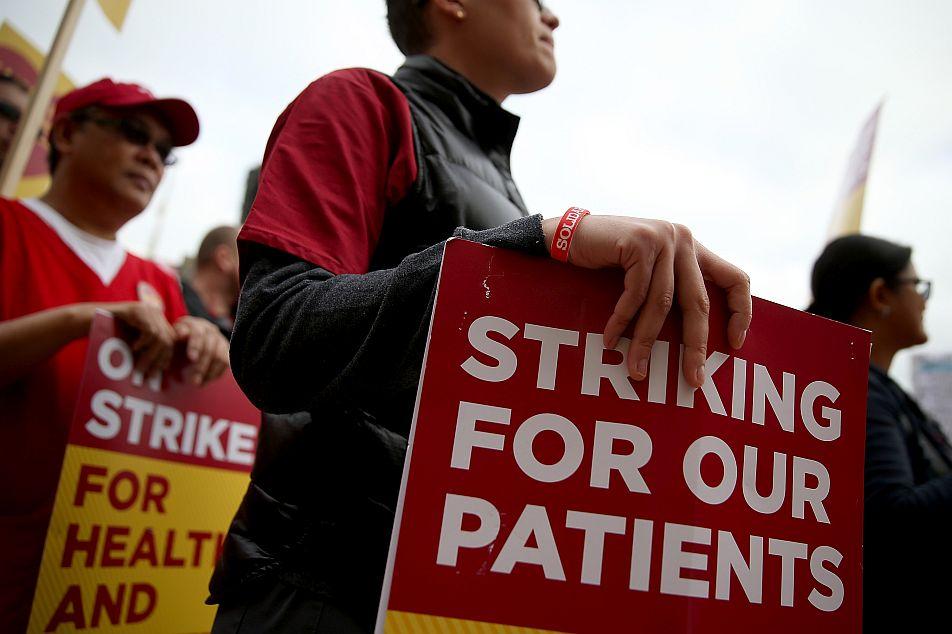In August 2011, the revised U.S. Securities and Exchange Commission (SEC) whistleblower program came into effect, a program for which final rules were issued on May 24, 2011. The SEC was granted authority under the Dodd-Frank Wall Street Reform and Consumer Act to provide financial rewards to whistleblowers when provided with new and relevant information regarding security laws violations.
“Eligible whistleblowers are entitled to an award equal to 10 to 30 percent of the money recovered when they voluntarily provide us with original information that leads to a monetary sanction greater than $1 million in a Commission enforcement action,” according to the SEC Whistleblower Provisions of Section 21F of the Securities Exchange Act of 1934, published on the SEC website.
Although the SEC final rules under the whistleblower program had been effective for only seven weeks—from Aug. 12, 2011, to Sept. 30, 2011, when the U.S. federal government’s fiscal year ends—334 tips concerning fraud and other illegal activities were submitted to the SEC in that short period of time.
Information was submitted to the SEC from 37 U.S. states and 11 foreign countries, including China (10 tips), the United Kingdom (9 tips), Australia (3 tips), Spain (2 tips), and the Netherlands (2 tips).
“The most common complaint categories were market manipulation (16.2%), corporate disclosures and financial statements (15.3%), and offering fraud (15.6%),” according to the SEC 2011 Annual Report on the Dodd-Frank whistleblower program.
Funding for the program comes from the SEC Investor Protection Fund, established under Section 922 of the Dodd-Frank Act. The fund, fully funded at $453 billion at the end of fiscal year 2011, is used to run the whistleblower office, which includes rewards and anything else supporting the program.
In 2011, the federal government recouped $3.03 billion under the False Claims Act (FCA), recouping $8.7 billion since 2009.
Whistleblowers were awarded more than $532 million during 2011 versus approximately $392 million in 2010. The government has recouped $3.4 billion under the whistleblower program since 1986, due to whistleblower information.
“2011 also was an active and lucrative year for FCA whistleblowers. ... This Administration’s ’relentless focus’ on eliminating fraud and waste in government programs is achieving considerable results,” according to the 2011 Year-End False Claims Act Update report by Gibson Dunn, & Crutcher, a global law firm.
Retaliation Worse Than Ever
“Employees saw less misconduct in 2011 than in previous years, but they’re increasingly reporting to others about it and facing heightened retaliation as a result, a survey found,” according to a Wall Street Journal article quoted on the Ethics Resource Center (ERC) website.
Whistleblowers are individuals who provide information on unlawful activity and illegal behavior committed in federal or local government agencies or in corporations.
Despite existing whistleblower programs besides the SEC program, including the Commodity Futures Trading whistleblower program, the IRS whistleblower program, and the Department of Justice False Claims Act, individuals often face repercussions for trying to prevent fraud and criminal activities.
“Anti-retaliation clauses have been integrated in numerous statutes and enactments, yet the main hazard of losing one’s job as a result of whistleblowing seems to be a perennial problem,” according to an article on the Bright Hub website.
In a survey conducted by the ERC, more than one-fifth of those surveyed who blew the whistle on employee misconduct reported retaliatory actions by other employees, management, and/or supervisors. The number of those experiencing repercussions has almost doubled since 2007 and has increased by 7 percent since 2009. Close to 20 percent of individuals would not argue with supervisors, fearing some kind of retaliation.
Retaliatory actions included being fired, ostracized, threatened, losing promotional opportunities, not receiving wage increases, reduction in pay, relocation, reassignment, demotion, harassment, and physical attacks.
“The evidence that whistleblowers don’t have adequate protections keeps piling up—in the last two years, there has been a sharp increase in retaliations against private employees who report wrongdoing,” suggested an article on the Project on Government Oversight blog.
Misconduct and Illegal Activities at the Workplace
“The vast majority of Americans would report wrongdoing in the workplace if it could be done anonymously, without retaliation, and result in a monetary award,” according to a survey undertaken and reported by Labaton Sucharow LLP, a global law firm involved in securities class action suits.
More than 33 percent of American workers interviewed said that they have observed illegal behavior at their place of work.
Location has a lot to do with people observing wrongdoing. More than two-thirds of individuals living in the Western United States have observed unlawful activities at close range versus a little less than one-fifth in the Northeast. However, more than two-fifths of those surveyed outside of metro areas were privy to illegal conduct in the workplace versus close to one-third of those living in metro areas.
Surprisingly, close to 50 percent of those who observed illegal behavior earned salaries at or below $100,000, while only 29 percent of those in the above $100,000 salary range said that they were aware of such behavior.
“Respondents’ level of education also factored into their knowledge of workplace wrongdoing,” according to the Labaton Sucharow report.
Court Settlements During the Second Half of 2011
“Ven-a-Care has been mentioned in many of our prior FCA alerts. The small Florida pharmacy essentially operates as a professional whistleblower; its four partners have recovered more than $400 million in relator share awards in connection with settlements and judgments,” according to the Gibson Dunn report.
A relator, called qui tam relator (whistleblower), has the right to take on a suit on behalf of the government. No judgment for costs may be rendered against a relator, and they may be awarded up to 30 percent of the settlement money.
In September, BP Amoco Corp. was fined $20.5 million for underpaying for natural gas produced from federal and American Indian leases, according to the U.S. Justice Department. Anadarko Petroleum Corp. and Kerr-McGee Corp. paid $16.4 million in June 2011 for underpaying royalties for natural gas. Both were reported by whistleblowers.
In October 2011, Oracle Corp. and Oracle America Inc. faced $199.5 million plus interest for failing to pass on price discounts.
“The settlement resolves a lawsuit filed on behalf of the U.S. government by former Oracle employee, Paul Frascella [the relator in this law suit], who will receive $40 million as his share of the recovery in the case. Under the whistleblower provisions of the False Claims Act, private citizens can bring lawsuits on behalf of the United States and share in any recovery obtained by the government,” according to a Department of Justice (DOJ) October 2011 press release.
On Oct. 21, 2011, the DOJ reported a settlement of $14.5 million with Pfizer Inc., an American pharmaceutical company. The settlement was divided, with $2.6 million going to state Medicaid programs and the remainder to the U.S. government. This suit was part of a group of 10 qui tam suits filed against Pfizer beginning in 2003. Nine of those suits were settled or dismissed in 2009 with Pfizer agreeing to pay $2.3 billion.
“Whistleblowers play an important role in protecting taxpayer funds from fraud and abuse,” said Tony West, assistant attorney general at the DOJ, in an Oct. 21, 2011, press release announcing Pfizer’s $14.5 million settlement.






